Admitting Failure
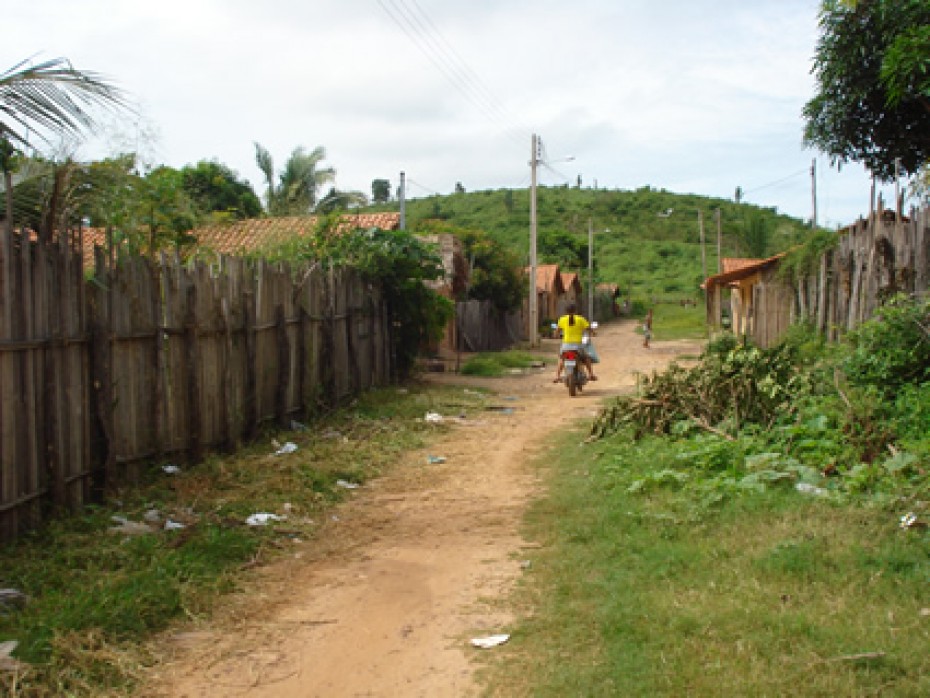
Just as we in the developed world can’t guarantee how our children are going to “come out,” we can’t control how a child in the developing world will “come out.” We need to be free to admit “failure,” because that’s how we learn.
Continue Reading ›Investing in a Good Harvest
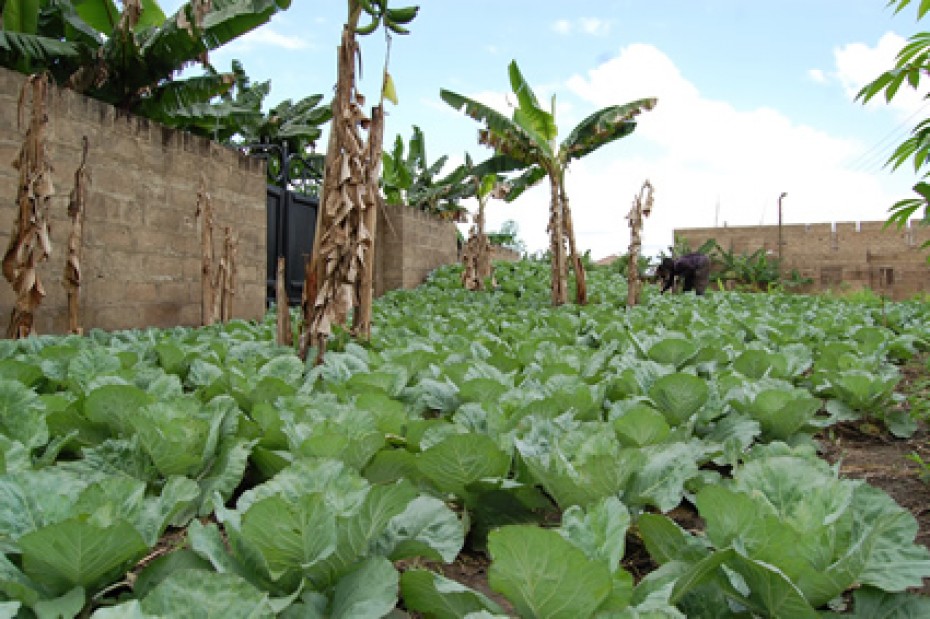
Despite Martin’s hard work and a good harvest, he remained unable to provide adequately for his family. With nearly every harvest he would lose all of his profit to the market money lenders from whom he buys his seeds and equipment.
Continue Reading ›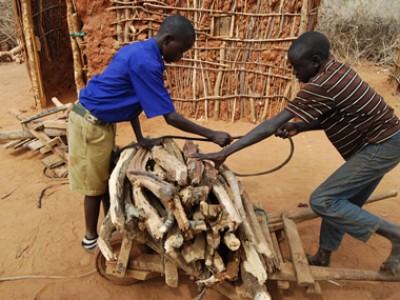
Surviving a Drought: A Single Mom’s Story
The drought that affected the Maasai area in Tanzania was severe. Because of the drought, Nooltetan lost all of her cattle and was reduced to poverty.
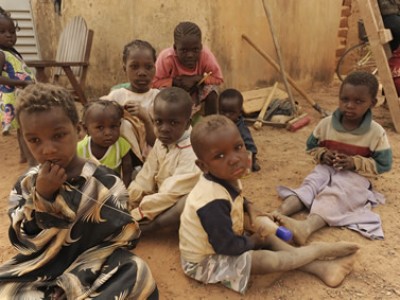
What Is the Opposite of Poverty?
Our ministry often refers to the “opposite of poverty.” And, you might think that we are referring to wealth. The opposite of poor is obviously rich, right?
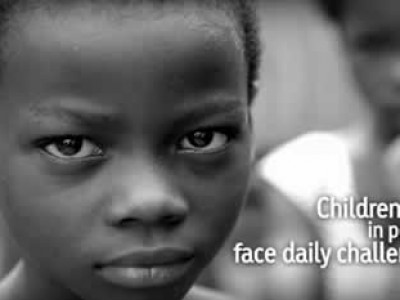
Thank You…For All You Do
Children living in poverty face daily challenges. However, through sponsorship you are providing children hope, love, the chance to succeed and the chance to know Christ.
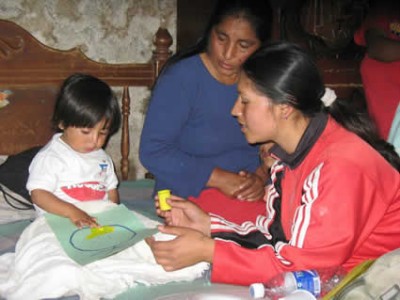
Teaching Home Economics With Common Sense
Moms in our Child Survival Program typically lack the opportunity to learn basic home economics skills. Knowledge that we consider common sense is not always common for them.
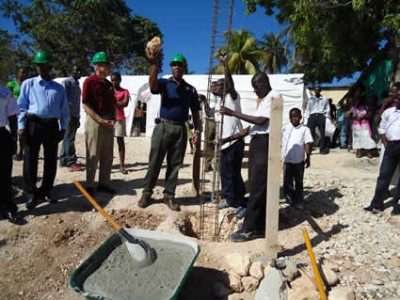
Rebuilding Schools After the Haiti Earthquake
After the Jan. 2010 earthquake in Haiti, one of our biggest challenges was to design a short-term strategy to address the urgent needs for children to resume school activities in a country where only slightly more than half of all school-aged children attend primary school.
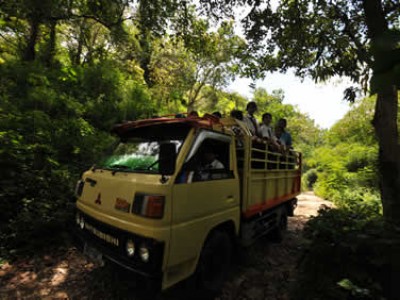
Removing Education Barriers (Why We Love the Church)
For most parents, the trip to the school may seem death-defying to them, but those trips usually only consist of a quick drive or a walk to the school gates. But the families of Ngandong village, in central Java, Indonesia, take their lives in their hands every day walking to school.
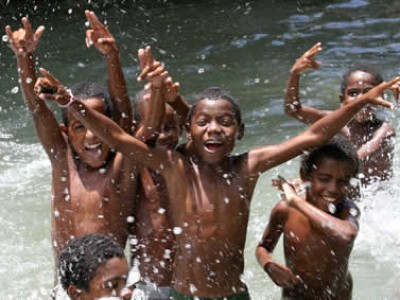
Thankful for Summer
I can’t help but long for summer. I can’t wait for long drives with the windows down, cookouts with friends at a local park, and nice refreshing afternoons spent in a pool.
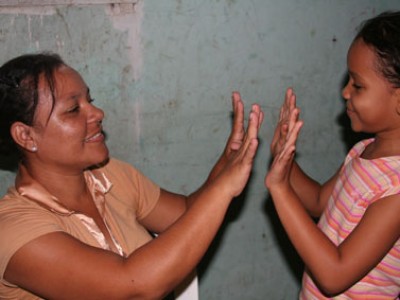
The Two Most Important Elements of a Child’s Education
Behind our work in Colombia, hides a shy face, a brave woman who gives her life for those in need, who kneels down to hear and embrace those who have become her passion. A woman who exemplifies perseverance and who has opened her heart for the hundreds of children who attend Esperanza de Vida Child Development Center.
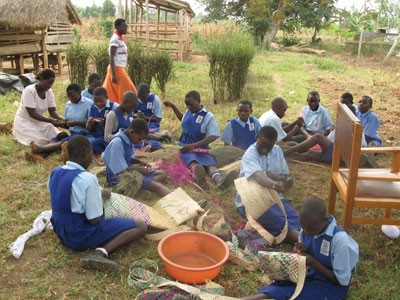
What Do Sponsored Children Do When College Is Not an Option?
With the support of our staff, Fausta pushed on and tried her best to excel. However, when her Primary Leaving Examinations results came back, she had failed. It was then that Fausta made a decision to discontinue formal education despite Compassion’s willingness to pay her school fees. She decided instead to train in tailoring.
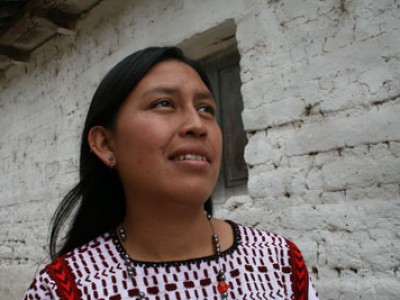
Overcoming Gender Inequality in Guatemala
Born and raised in Ixtahuacán, Huehuetenango, a town very close to the Guatemala-Mexico border, Silvia’s childhood was very hard.
Beautiful green mountains, fresh air and a quiet small town were the landscapes that surrounded Silvia throughout her childhood and adolescence. But Silvia had to make her best efforts to break many barriers that tried to stop her from becoming a successful woman in a culture that often sees and treats women as feeble.


